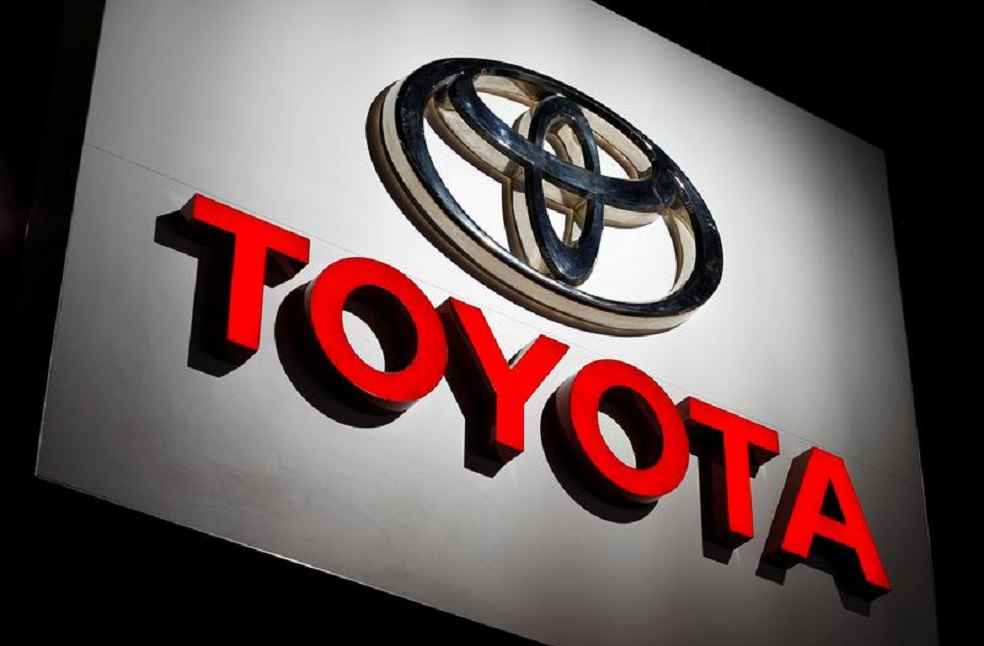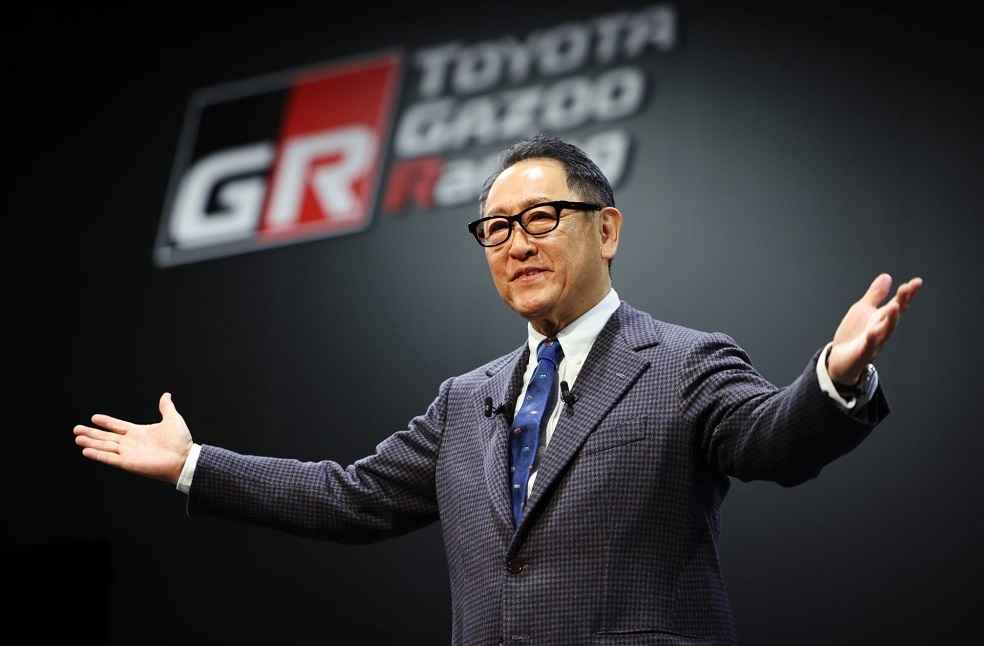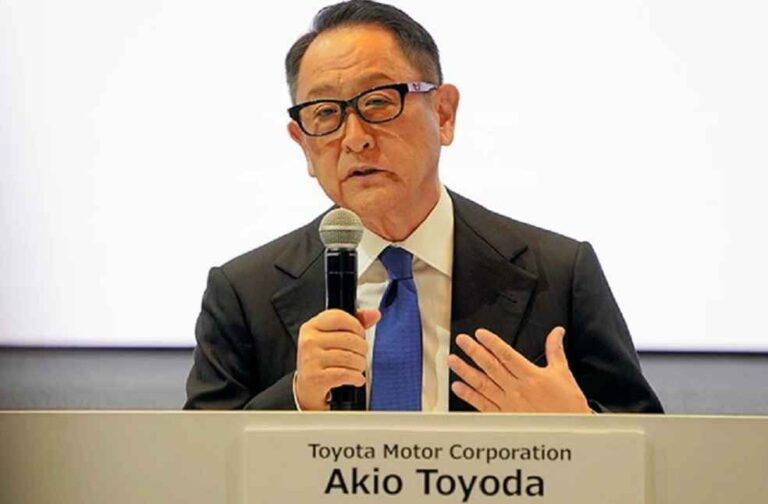Toyota’s Chairman Akio Toyoda, a direct descendant of the founder, faces a challenge at the forthcoming annual shareholders’ meeting on June 18. Influential proxy advisory firms are mobilizing shareholders to oppose Toyoda’s reappointment, citing deep concern following a vehicle testing scandal.
Recent revelations of fraudulent vehicle certification tests have marred Toyota’s renowned quality image. Despite assertions that these issues did not compromise safety or prompt recalls, the repercussions have been profound. The production suspension of three models and a sharp decline in share prices, with a market value loss of around 3 trillion yen ($18 billion), highlight the crisis’s impact.

Proxy groups Institutional Shareholder Services (ISS) and Glass Lewis have issued stark recommendations against Toyoda’s leadership. ISS has critiqued the absence of board changes post-scandal, while Glass Lewis has underscored failures in governance under Toyoda’s tenure, suggesting a detrimental corporate culture has entrenched itself.
Toyota remains financially robust, with profits doubling to 4.9 trillion yen ($31.9 billion) last fiscal year, driven by vigorous vehicle sales and advantageous currency fluctuations. Nonetheless, the scandal casts doubts on Toyota’s direction, particularly its tentative embrace of electric vehicles (EVs), favoring a diversified approach including hybrids and hydrogen fuel.

Since assuming leadership in 2009, Toyoda has steered the company through numerous crises, including a major U.S. recall due to unintended acceleration. His strategy champions a varied approach to eco-friendly vehicles, integrating hybrid and hydrogen technologies, rather than an exclusive focus on battery EVs.
Despite current hurdles, market analysts like Aaron Ho from CFRA Research view the scandal as a likely temporary impediment, affirming Toyota’s enduring strengths.
OBSERVATION | South Korea’s FCEV Exports Plummet in 2024





